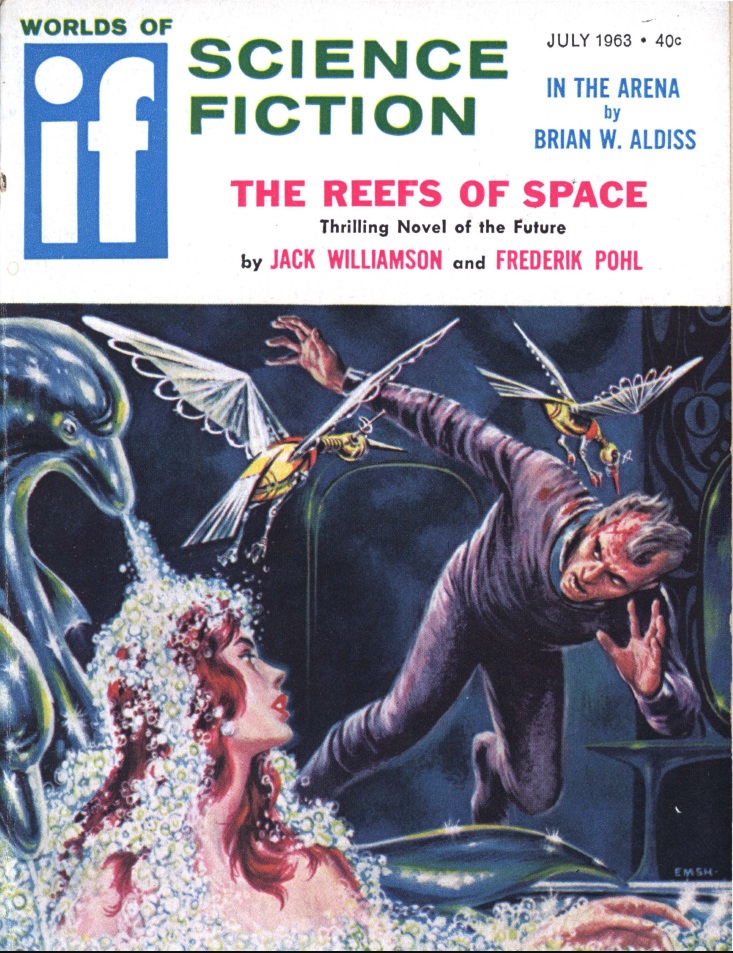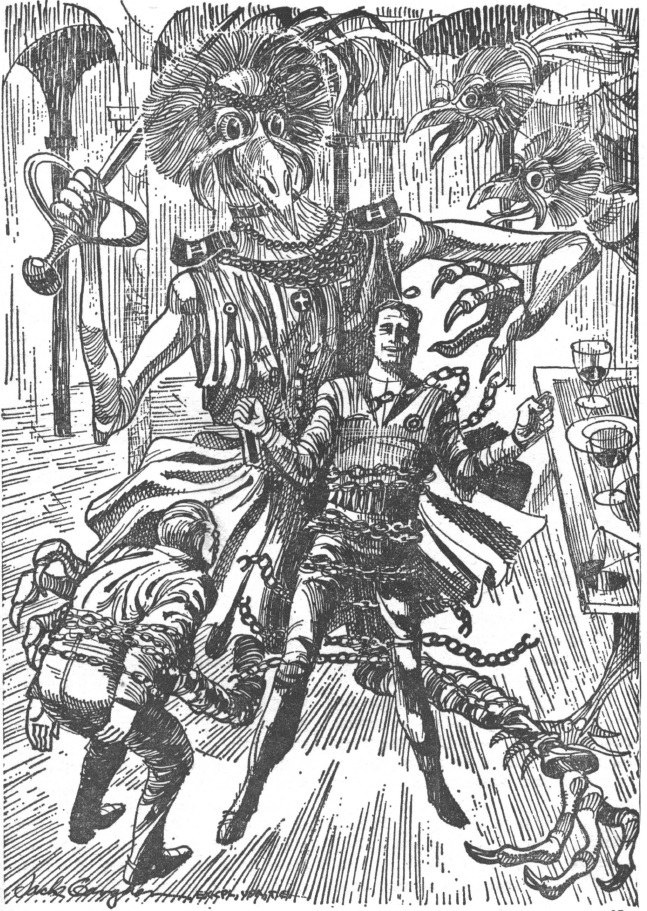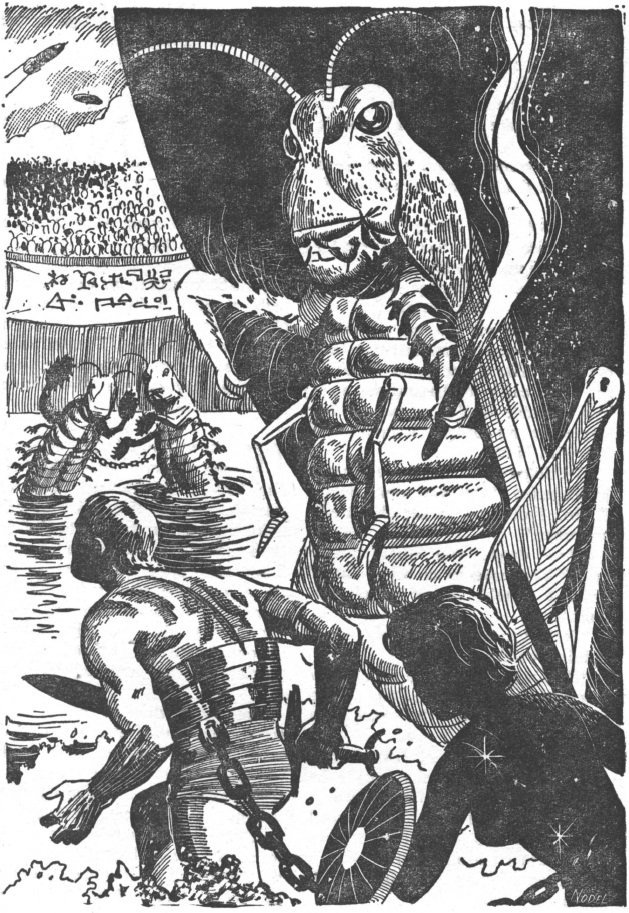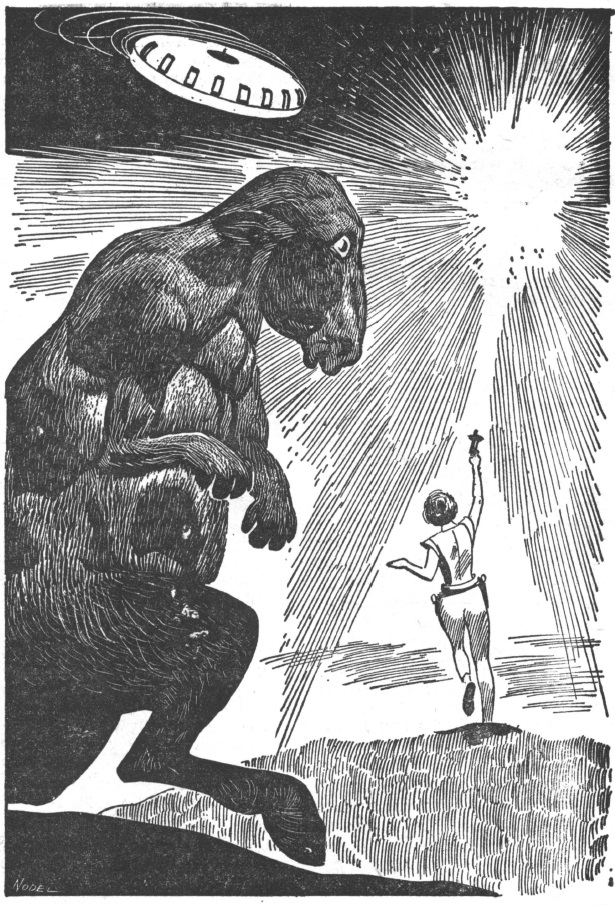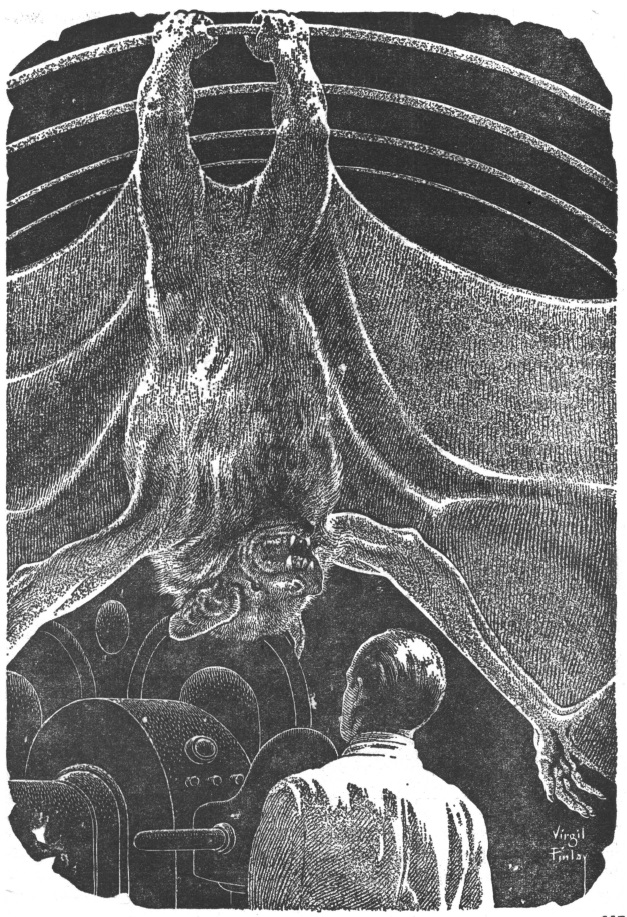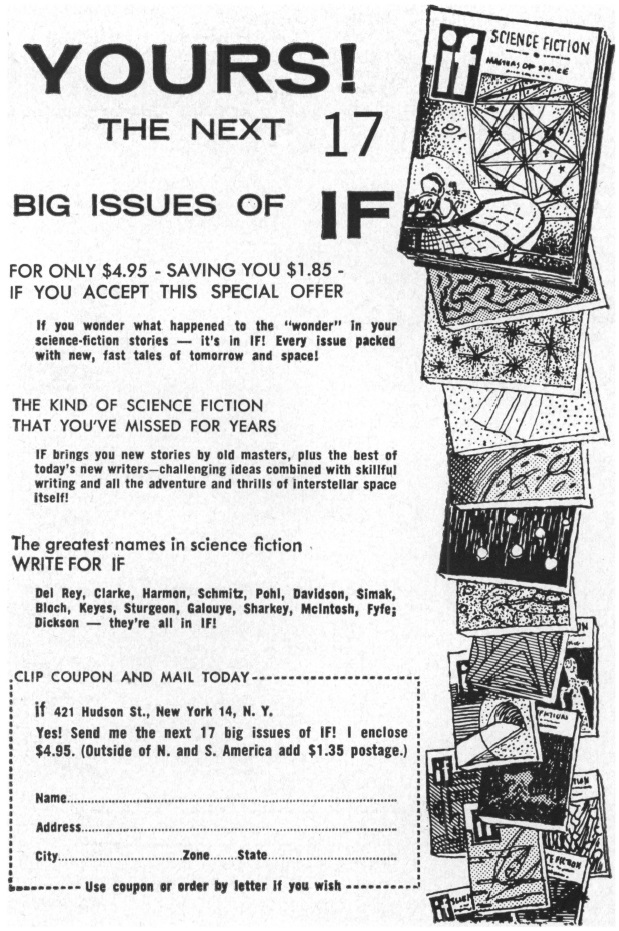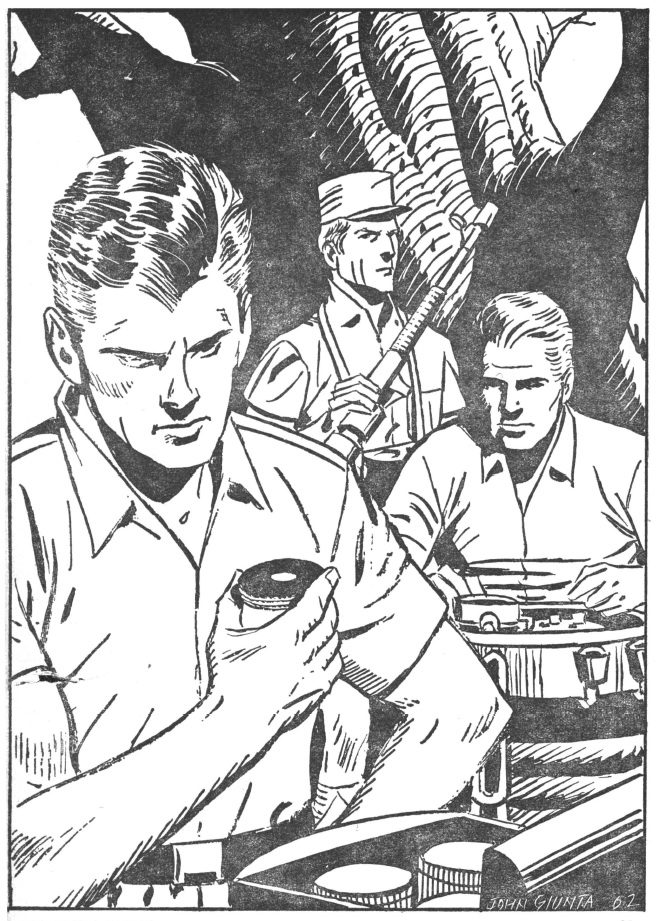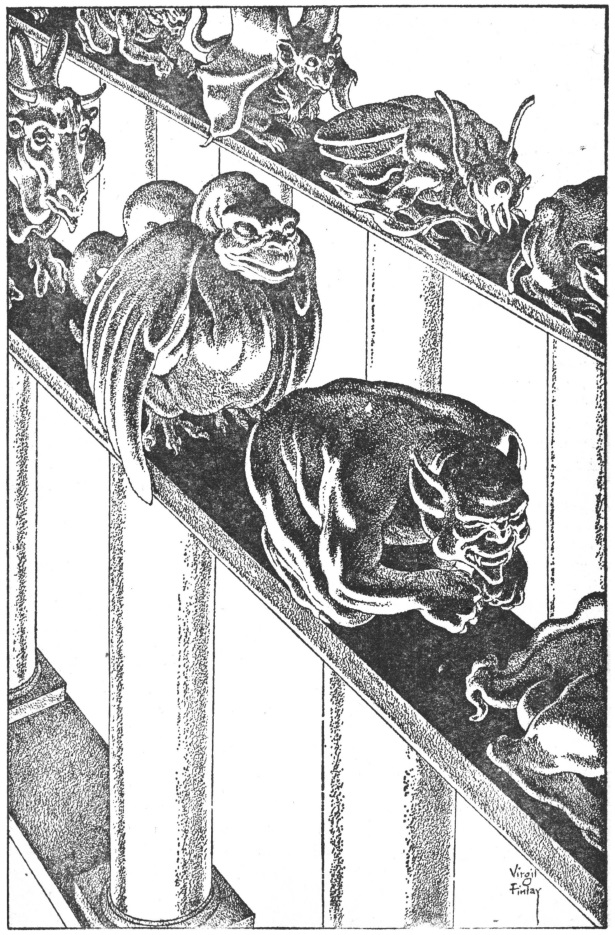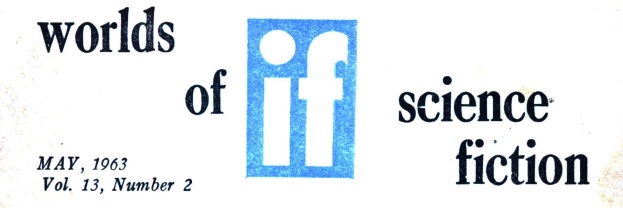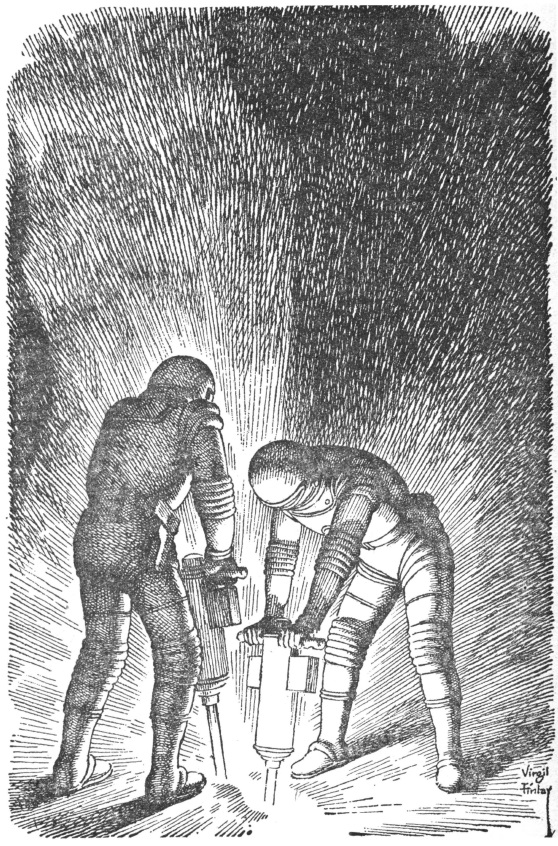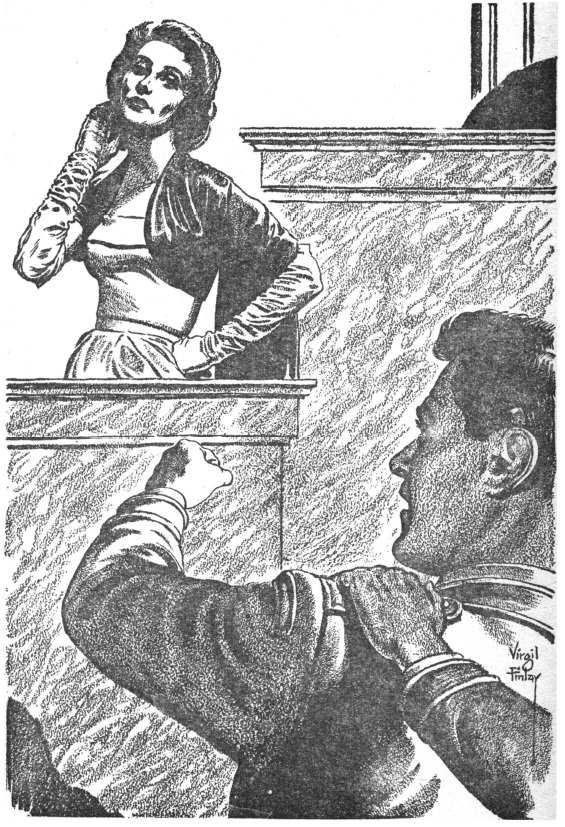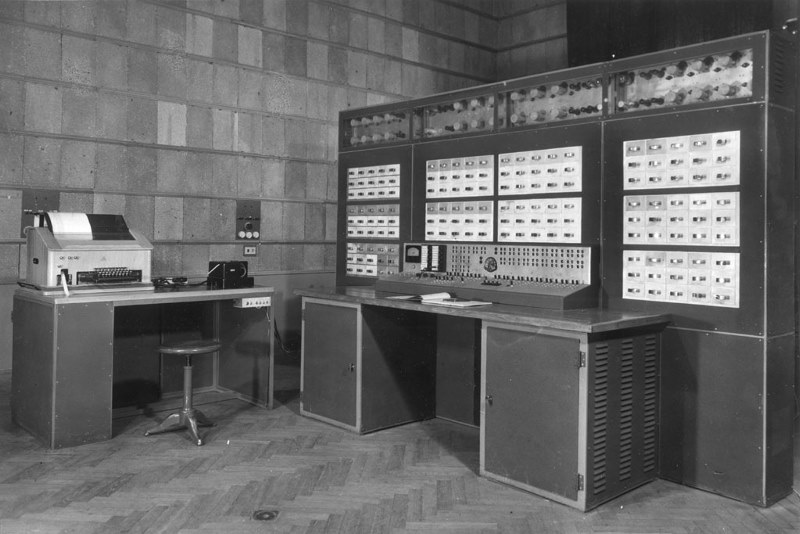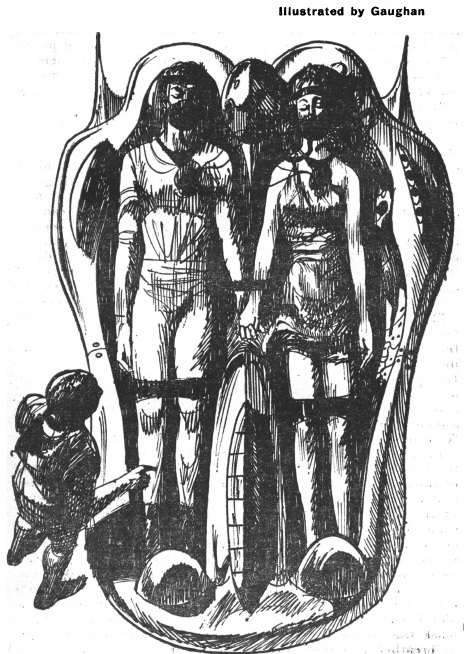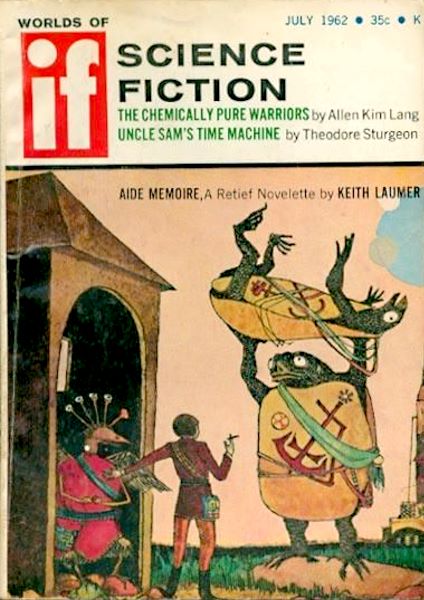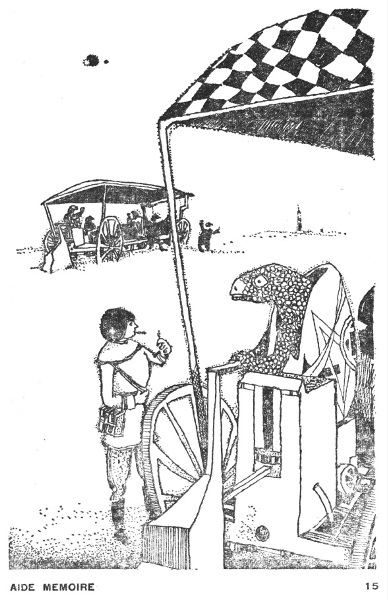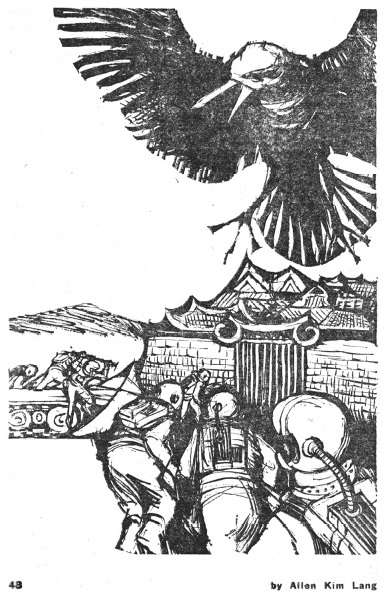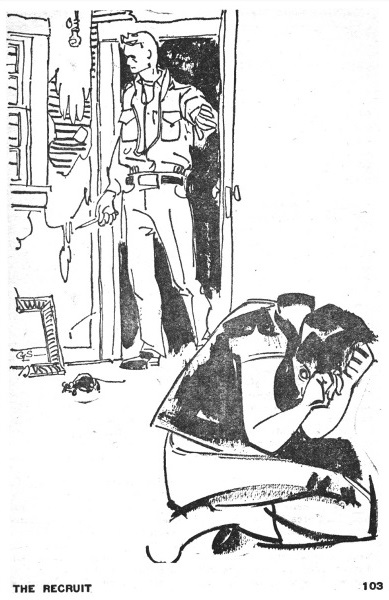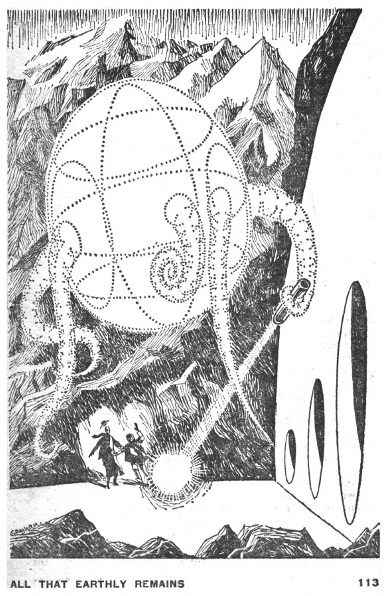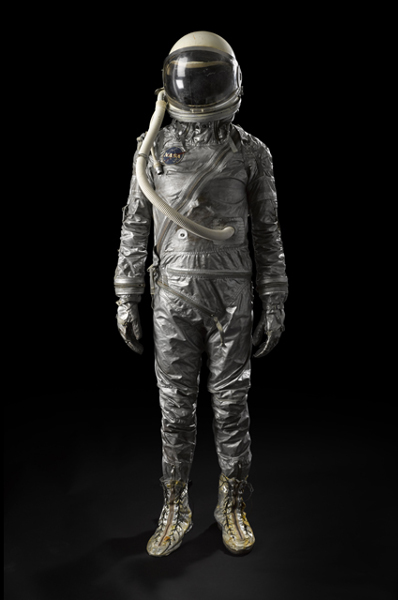
by Gideon Marcus
Value Shopping
The price of science fiction digests has steadily gone up over the years. In the early 50s, the standard cost was 35 cents. I think the last hold-out at that price point was Fantastic. Now Galaxy and Analog cost four bits, and the cheapest mags go for 40 cents. Still, that latter price is a steal when the fiction is all good.
IF is one of the lower rent mags, but whether or not the March 1964 IF gives you value for your money…well, you'll have to read on to find out:
The Issue at Hand

Cover by Norman Nodel
In Saturn's Rings, by Robert F. Young
Every author has their own quality curve. Some, like Daniel Keyes, explode onto the scene with a masterpiece and then spend the rest of their career trying to live up to it. Others start off-key but only improve over time (perhaps Rosel George Brown fits this category, though I've not read her very earliest stories. Randy Garrett and Bob Silverberg might fit, too.) Still others oscillate between greatness and crap (viz. Poul Anderson).
Robert F. Young is yet another kind of author. He started decent, rose to stunning heights with pieces like To Fell a Tree, and then descended into mediocrity, mostly recycling fairy tales and myths.
Take Rings, for example. A old man named Matthew North comes back from a far planet, his hold full of the waters of the fountain of youth. His employer, Zeus Christopolous IX, has built an Attic Greek themed Elysium on the Saturnian moon, Hyperion, populated by robots who look like Alexander the Great, Pindar, Helen of Troy, etc. Zeus is absent when North returns, but his wife, Hera, demands receipt of the cargo. She undertakes to threaten, cajole, and seduce the elixir out of Matthew. She almost succeeds, but then Matthew finds that Hera has done away with her husband, Clytemnestra-style, and he calls the cops instead.

Nice illo by Lawrence, though
It's all very moody and metaphorical, but I never got much out of it — and there are few folks who dig the classics like I do. Two stars, and a chorus of "Woe! Woe! Woe!"
Guardian, by Jerome Bixby
This short story is depicted by this month's striking cover. In brief, an archaeologist and his assistant land on Mars and discover the robotic guardian that defeated the armies of two invading worlds. If I didn't know better, I'd say this was a deliberate send-up of pulp style and themes, up to and including a Mars with a breathable atmosphere and degenerate post-civilized natives, a "Planet X" that exploded into the Asteroid Belt, and even the use of the word "cyclopean" (although Bixby uses it to mean "one-eyed" rather than "really big").
Send-up or not, it doesn't really belong in the pages of a modern magazine. Two stars.
Almost Eden, by Jo Friday
This month's new author wrote about a planet whose dominant life form has been pressured by evolution to live as four different creatures simultaneously. Each is specialized for a particular purpose — hunting, digestion, food storage, and…well, you'll figure it out soon enough.
It's good, though a little rough around the edges, and I can't shake the feeling I've seen this gimmick before. Help me out?
Three stars.
The City That Grew in the Sea, by Keith Laumer

Some typically Gaughan work — looks like something out of Clarke's The Sea People
I find myself no longer looking forward to Laumer's stories of Retief, the super-spy who works for the ineffectual Terran Confederation. This one's not bad, really, about a couple of acquisitive agents and their plan to commit genocide on a water-dwelling race to get access to their gold. And I appreciated that the adversary race, the Groaci, are not universally bad guys. But I'm just getting tired of the schtick. I feel like Retief now hamstrings Laumer as opposed to enabling him.
Three stars.
What Crooch Did, by Jesse Friedlander
Crooch was a promoter who revived the increasingly staged art of "professional" wrestling and evolved (devolved?) it into gladiatorial combat. This is his story. All four pages' worth.
Two stars.
Miracle on Michigan and How to Have a Hiroshima, by Theodore Sturgeon
There's nary a peep from editor Fred Pohl this bi-month. He's probably passed out from having to edit Galaxy and Worlds of Tomorrow as well as this mag. Instead, we've got a pair of short observations from Ted Sturgeon. The first is a paean to the twin Marina Towers in Chicago, perhaps a preview of the arcologies of the future.

The second is a prediction that the next big scientific breakthrough that will revolutionize the world will come in the field of psychology, maybe something to do with hypnotism.
Your guess is as good as his. Three stars.
Three Worlds to Conquer (Part 2 of 2), by Poul Anderson

McKenna's stuff is serviceable, if not exciting
Finally, we get the second half of Anderson's latest book. There are two parallel threads that run through it. Firstly, we have a renegade Naval fleet that has seized control of the Jovian system of moons. At the same time, down on the surface of Jupiter, the evil Ulunt-Khuzul people have besieged the territory of the peaceful Nyarrans. Each beleaguered group has its champion: the Ganymedans have a middle-aged man named Fraser; the Nyarrans have a plucky resister called Theor. And, thanks to the neutrino radio link between them, they are the key to each other's success.
Part 2 was better than Part 1, which was turgid and unreadable. I still found the depiction of Jovian life both unrealistic as well as overly conventional. Fraser's story is interesting, but the interactions between him and his partner, the turncoat (but not really!) Lorraine, are hackneyed in the extreme. This was really brought home to me when my daughter, the Young Traveler, showed me a story she'd just written. Her characters were better drawn than Fraser and Lorraine — and she's only 14!
Anderson can do better, has done much better. That's what makes churned out stuff like this so disappointing.
Two stars for this installment, one and a half for the whole thing.
Summing up
Was this month's IF worth 40 cents? I mean, you get what you pay for, right? I suppose I'm happy for the introduction to Jo Friday, and I'm glad the Anderson didn't end terribly. But Fred Pohl really needs to start saving the good stuff for the neglected sister of his trio…


![[February 9, 1964] Bargain Basement (March 1964 <i>IF</i>)](https://galacticjourney.org/wp-content/uploads/2019/02/640209cover-672x372.jpg)

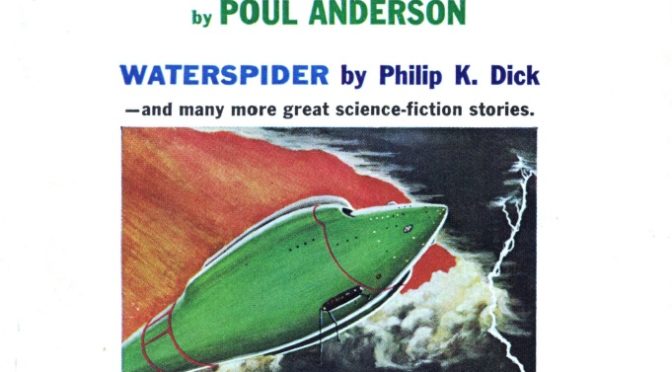









![[October 8, 1963] The Big Lemon (November 1963 <i>IF</i>)](https://galacticjourney.org/wp-content/uploads/2018/10/631008cover-474x372.jpg)

















